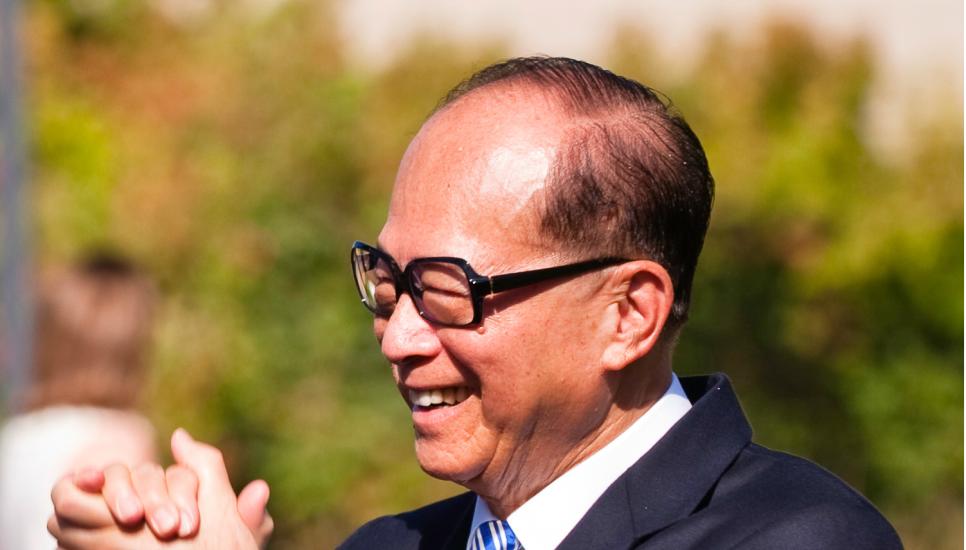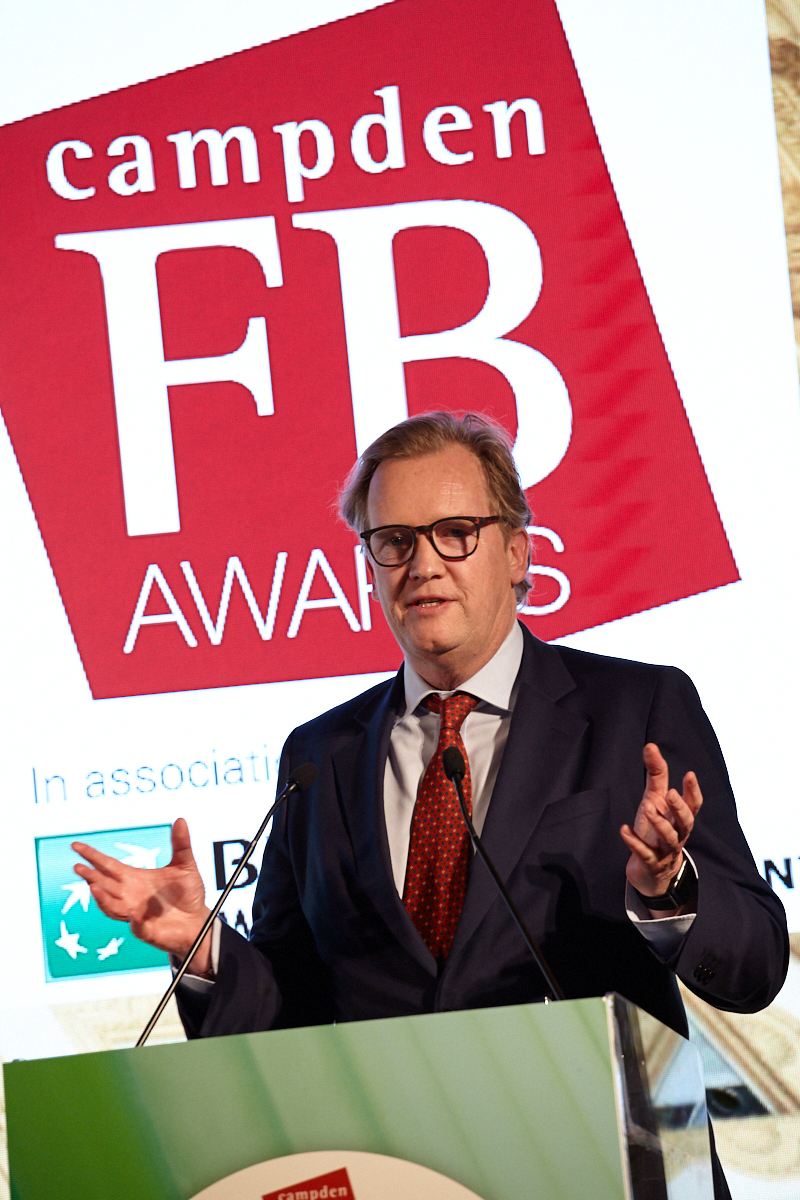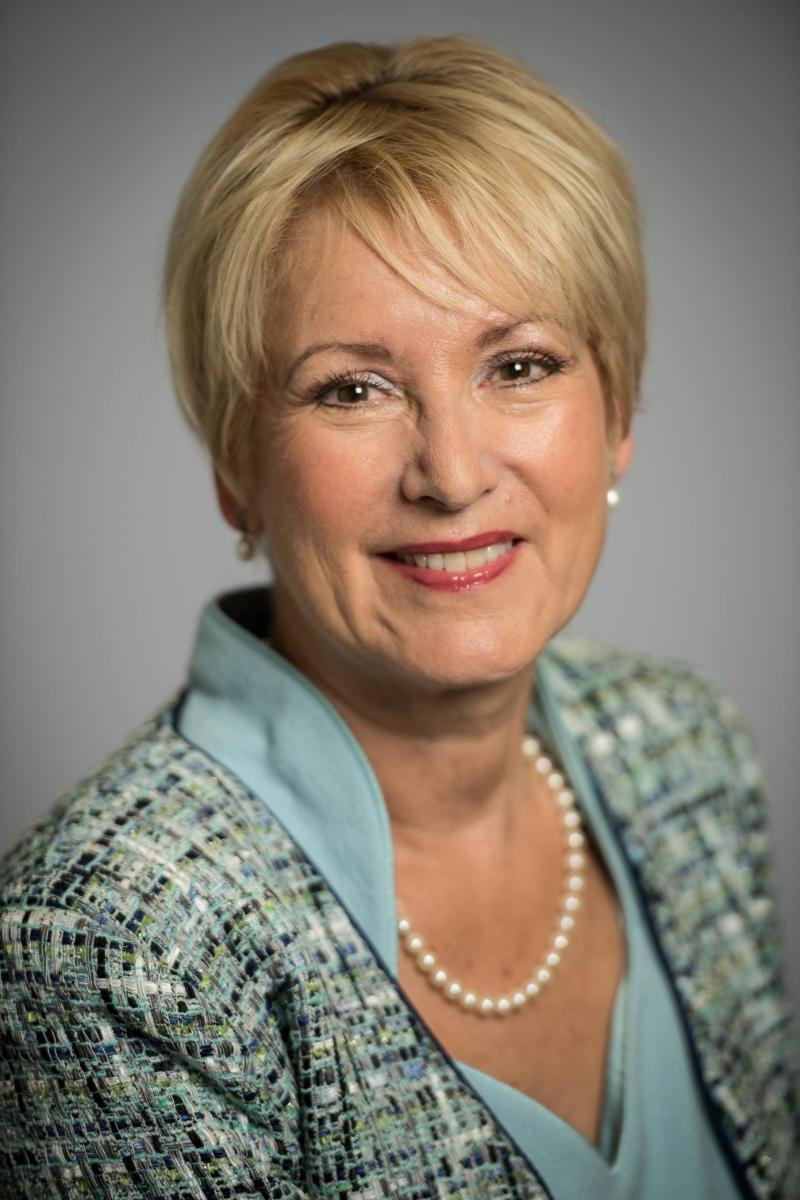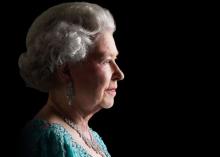FB Roundup: Li Ka-shing, Gebruder Weiss and Henkel, Impact Investing Institute

Li Ka-shing rebuffs criticism and gives HK$1 billion to Hong Kong businesses
Hong Kong’s wealthiest tycoon says he is getting used to “the unfounded verbal and text punches” triggered by protests in the city as his charity offers relief funding to small businesses.
Founding family business billionaire Li Ka-shing (pictured), 91, has been criticised by pro-Beijing forces since he appealed for calm in September. The man dubbed “Superman” for his rags-to-riches deal-making skills has lost more than $3 billion on paper since July, according to Financial Times number crunching.
“In the world of social media, some people are hard at work in sowing toxic doubts and disinformation to undermine trust,” Li told Reuters in response to mainland China’s toughening stance against the Hong Kong billionaires it once courted.
“It is hard not to be drawn into controversies [in] these times.”
Li announced in October his foundation would give HK$1 billion ($127.5 million) in support of embattled small and medium sized businesses in Hong Kong. The third round of funding opened this week. The donation works in conjunction with the HK$2 billion package of relief measures announced by the Hong Kong government.
The magnate refers to the foundation he chairs as his “third son”. It was established in 1980 to work on education, medical services and research initiatives. The Li Ka-Shing Foundation has donated HK$25 billion across 27 countries and regions, with 80% of the projects within the Greater China region.
Li built a $100 billion telecoms and property empire from a small manufacturer making plastic flowers. He made way last year for eldest son Victor Li Tzar-kuoi, 55, who took over as chairman of CK Hutchison Holdings and CK Asset Holdings.
 Gebruder Weiss and Henkel get trucking on gas
Gebruder Weiss and Henkel get trucking on gas
Austro-German family businesses Gebruder Weiss and Henkel have teamed up to trial an eco-friendly gas powered freight truck on a route travelling 200,000km in a year.
The new sustainable service is one of the dividends from the quarter-century partnership between the Austrian logistics company and the German consumer goods manufacturer. A Gebruder Weiss truck fully powered by compressed natural gas transports freight between the Henkel plants in Vienna, Austria and Krusevac, Serbia. For each return trip, the truck covers a distance of 1,700km. The truck saves 20% of the CO2 emitted on every trip compared with a Euro-6 diesel truck.
“On this regular circuit, the truck will transport detergents and cleaning agents between Austria and Serbia two or three times a week, covering over 200,000 kilometres a year,” Patrick Csar, logistics and export manager at Henkel, said.
“We're currently working with Gebruder Weiss to see whether this transport solution could also be used on other routes.”
Since 2016, Gebruder Weiss has transported detergent products from the Henkel location at Korosladany, Hungary to more than 20 countries worldwide, including the United States, Saudi Arabia, Israel, South Korea and Australia. Gebruder Weiss has two gas powered trucks in service in Vienna, Austria and Memmingen, Germany along with a fully electric delivery truck in the Austrian capital.
The €1.7 billion ($1.8 billion) company Gebruder Weiss is owned by the Weiss and Jerie families. They trace their global transport and logistics business to their ancestors’ messenger service over the Alps 500 years ago.
The €19.9 billion ($22 billion) chemical and consumer goods company Henkel, owned by 80 family members from three clans, has pursued sustainable efficiencies since the 1950s. Both families have been recognised for excellence by the CampdenFB European Families in Business Awards. Konstantin von Unger (pictured), a fifth-generation member of Henkel’s Shareholder Committee, accepted the Top Sustainable Family Business of the Year 2019.
 Impact Investing Institute launched to nurture $502 billion impact market
Impact Investing Institute launched to nurture $502 billion impact market
An independent, non-profit organisation which aims to boost the growth and improve the effectiveness of impact investing has launched in the United Kingdom this week.
The Impact Investing Institute said it will promote more effective ways to use savings and investments to help tackle social challenges as well as gain returns. The London-based entity wants to facilitate the flow of capital to impact investments and work with governments, regulators and multilateral bodies to influence policy and lobby for impact investment.
Chaired by Dame Elizabeth Corley (pictured), an experienced financial and business leader, the institute has three objectives. It wants to mobilise big pools of capital, such as contribution pension funds, to increase their impact. It wants to make capital that seeks to have a positive impact more accountable. It aims to empower people to save and invest in line with their values by addressing barriers that prevent investors from investing for impact.
A quarter of families surveyed by Campden Wealth with UBS for The Global Family Office Report 2019 engaged with impact investing. They invest with the intention of generating positive, measurable social and environmental impact with a financial return. Most impact investing families (71%) allocate under 10% to the approach. The report found the most popular areas of impact investing are education (45%) and agriculture/food (also 45%). However, families said the lack of clarity about the meaning and scope of impact investing and the availability—and track record—of impact investments in market were barriers to their impact investing.






